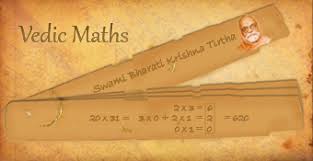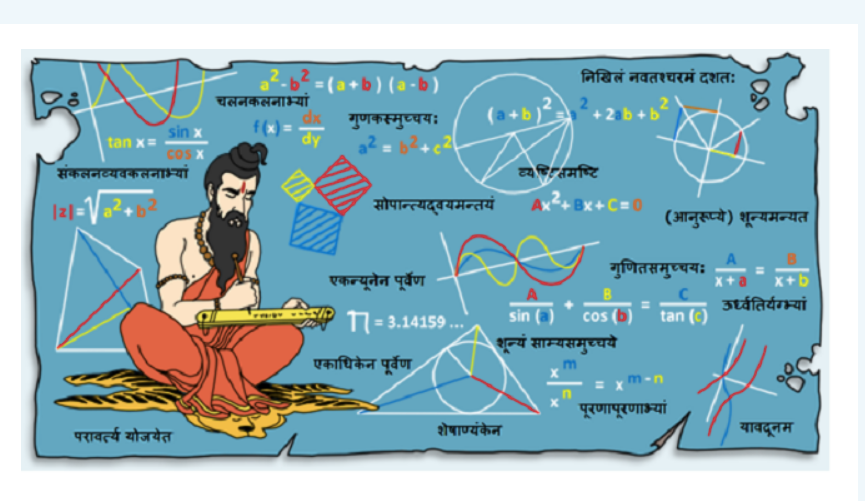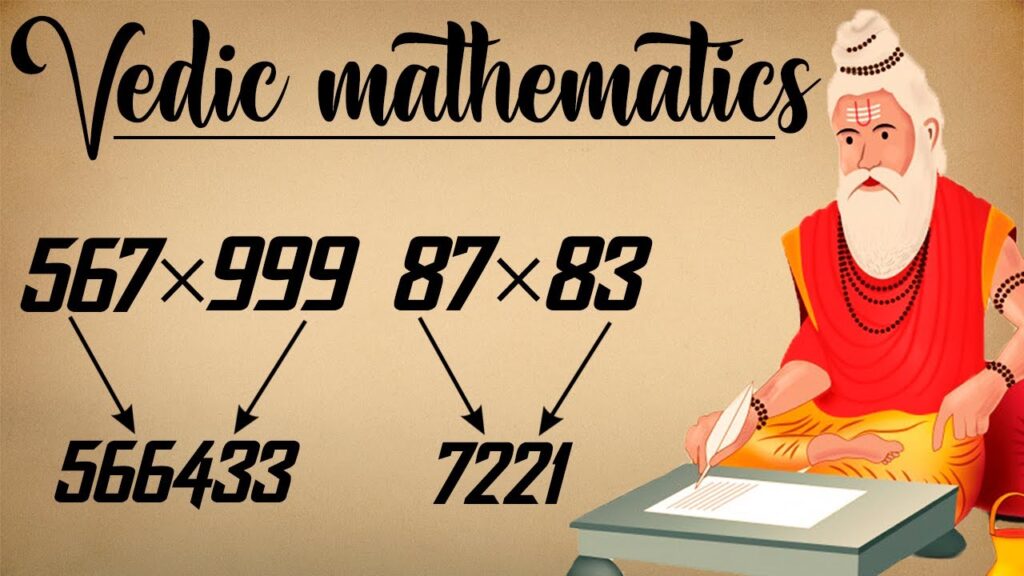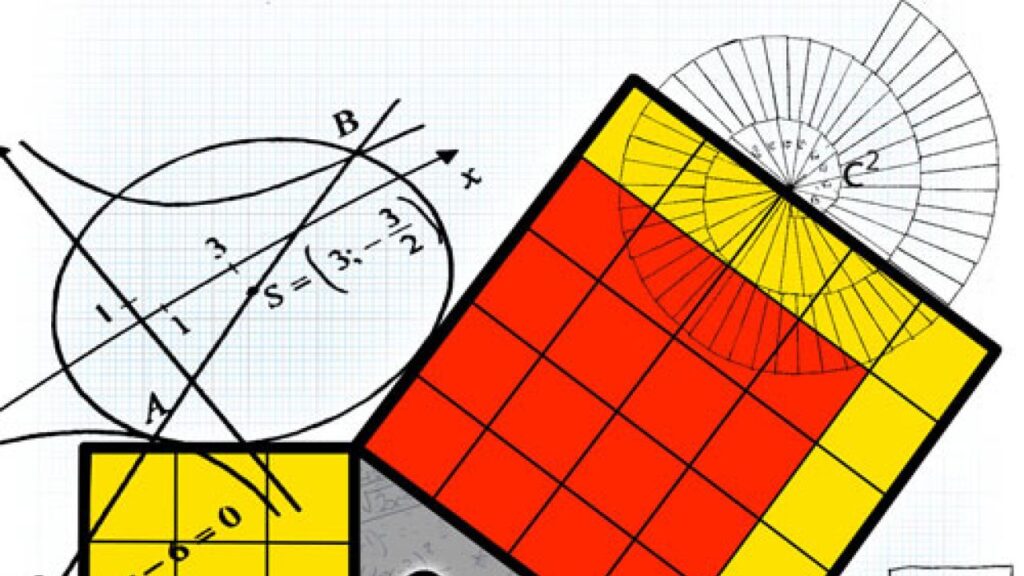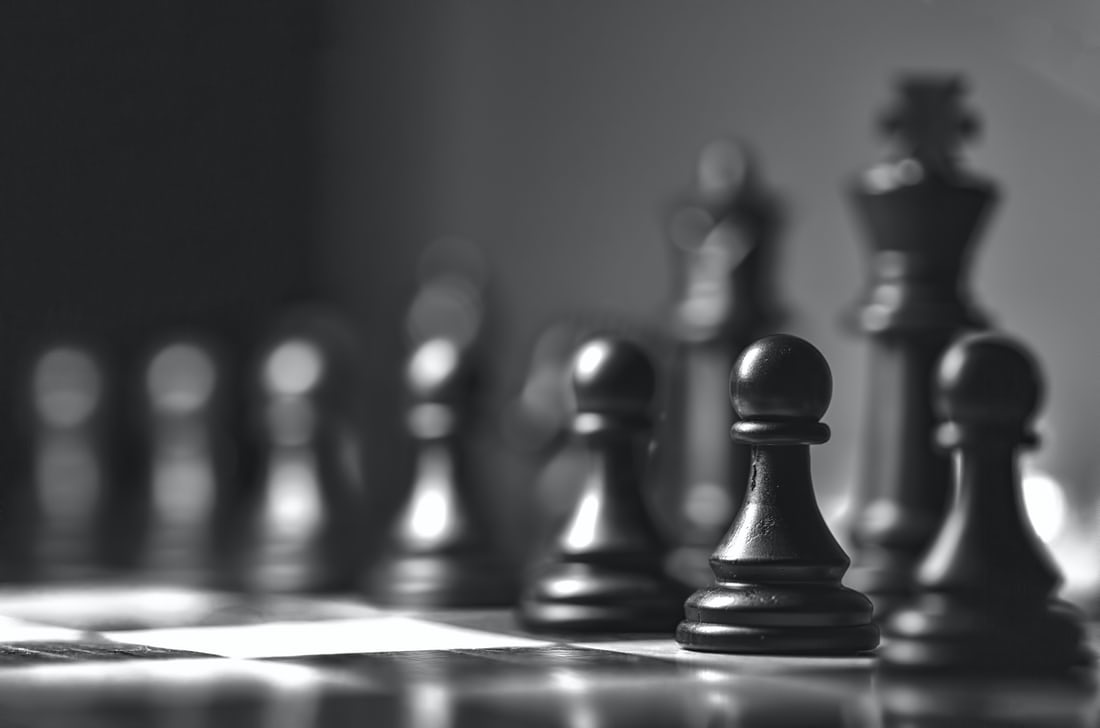
fear, all his rage, into the gentle voice of music.”
― Willowy Whisper
Vocals and guitar being a parallel mate:
Being able to play the guitar and sing at the same time makes the performance much more engaging for the audience, and allows everyone to get involved. Furthermore, if you’re a working musician, it’s easier to get a gig if you can do both. Depending on how experienced you are, playing the guitar and singing at the same time may be easier for some than it is for others. Play the guitar part of the song you’re learning over and over again without singing.
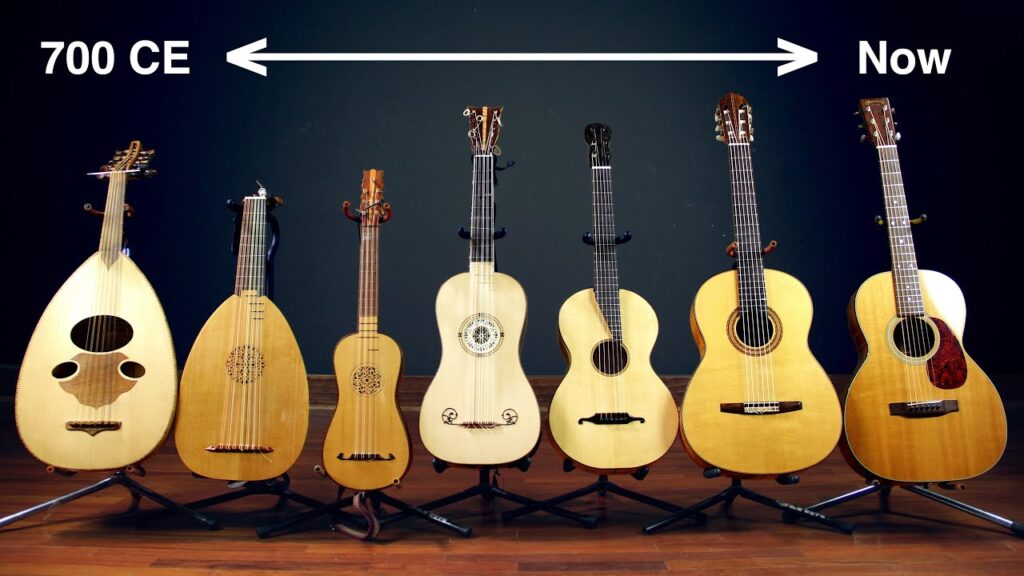
Evolution of guitar:
The exact origin of the guitar is still a mystery. The word “guitar” probably comes from the ancient Greek word κιθάρα (kithara). Mythology attributes Hermes with creating the first kithara from a tortoise shell, but many likenesses of Apollo show him with this instrument. The ancient musician typically played the strings with a plectrum, which is an early version of the modern pick. The player would use his or her left-hand fingers to dampen unwanted strings and, at times, stop the strings or produce harmony with their left hand. Solo musicians would sometimes pluck the strings with the fingers of both hands.
Shapes of guitar from prehistory to history:
The history of the guitar generally goes back to two instruments, the oud and the lute, which predate written history. The evolution of Spanish guitars settled by the 1790s; they had the standard body type and six courses of strings that resemble the modern guitar but were smaller. Spanish musician and guitar maker Antonio de Torres Jurado changed all that in the mid-1800s when he created the style of guitar that gave rise to all guitars to follow. His guitars featured a broadened body, thinned belly and increased curve at the waist. He also replaced wooden tuning pegs with a machined head.

“The guitar is a miniature orchestra in itself.”
Playing the guitar is your hobby
Well, initially everything starts with the infrastructure. So you need to have a guitar first. Before buying a guitar you to understand the fact that you need to give a lot of time at the initial stages to learn the guitar secondly there is not a hard and fast rule to learn a guitar. Initially, you will find yourself helpless to play the guitar because your fingers will not move on strings but after 10 days you will see that your fingers are moving automatically. Initially, your hands will hurt you while pressing the metal strings but after some time they will become hard and won’t hurt anymore. when you are in tension, just pick the guitar and play it. You will surely get out of your stress quickly. It is proven that a musical instrument which sounds good tends to heal your stress and your soul if you are suffering from any thought-related diseases.



